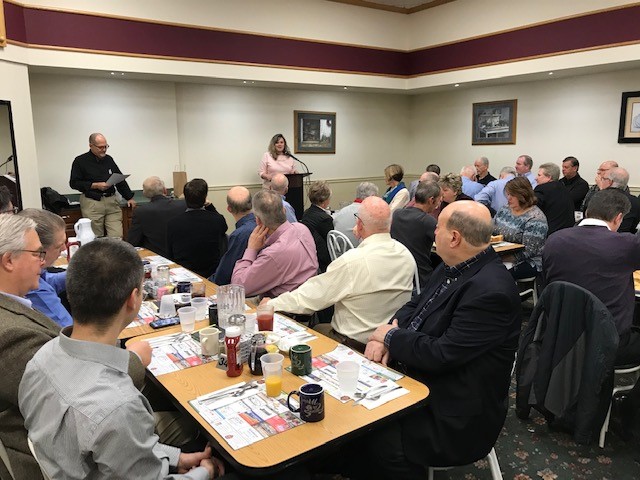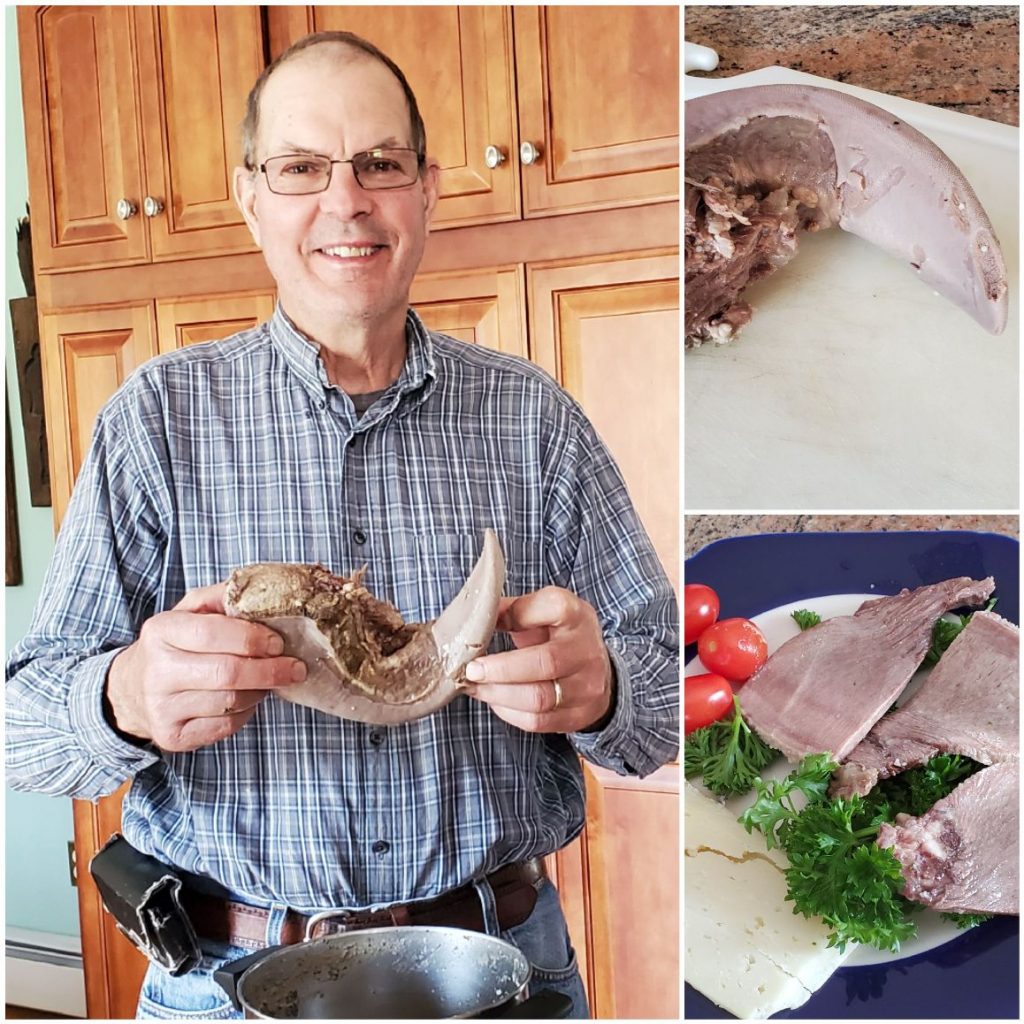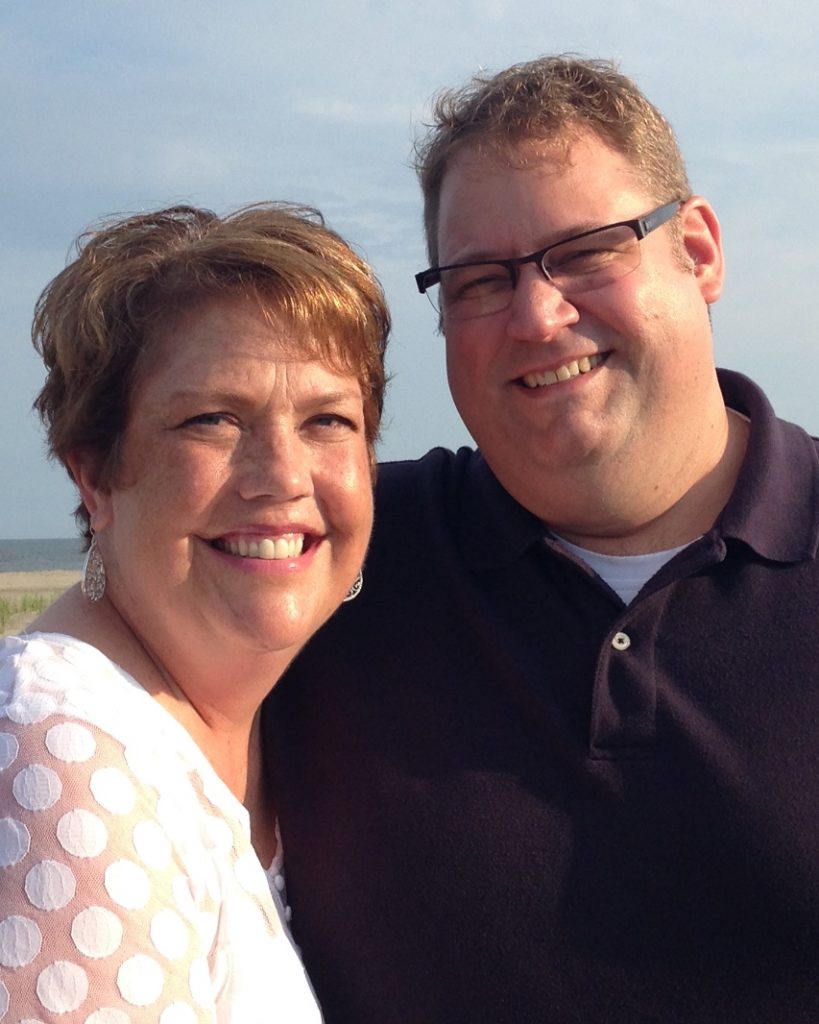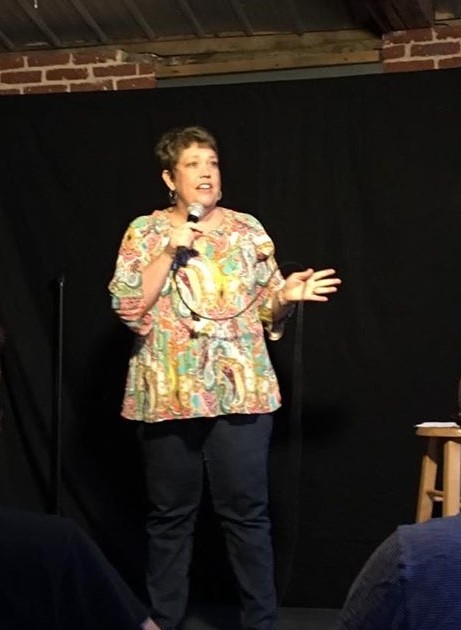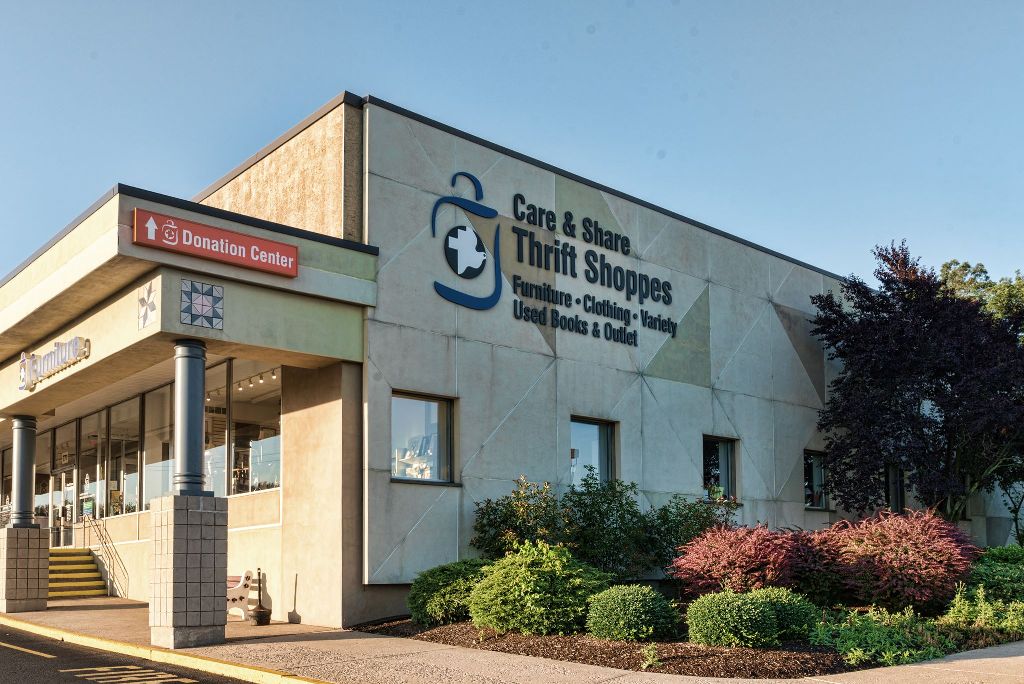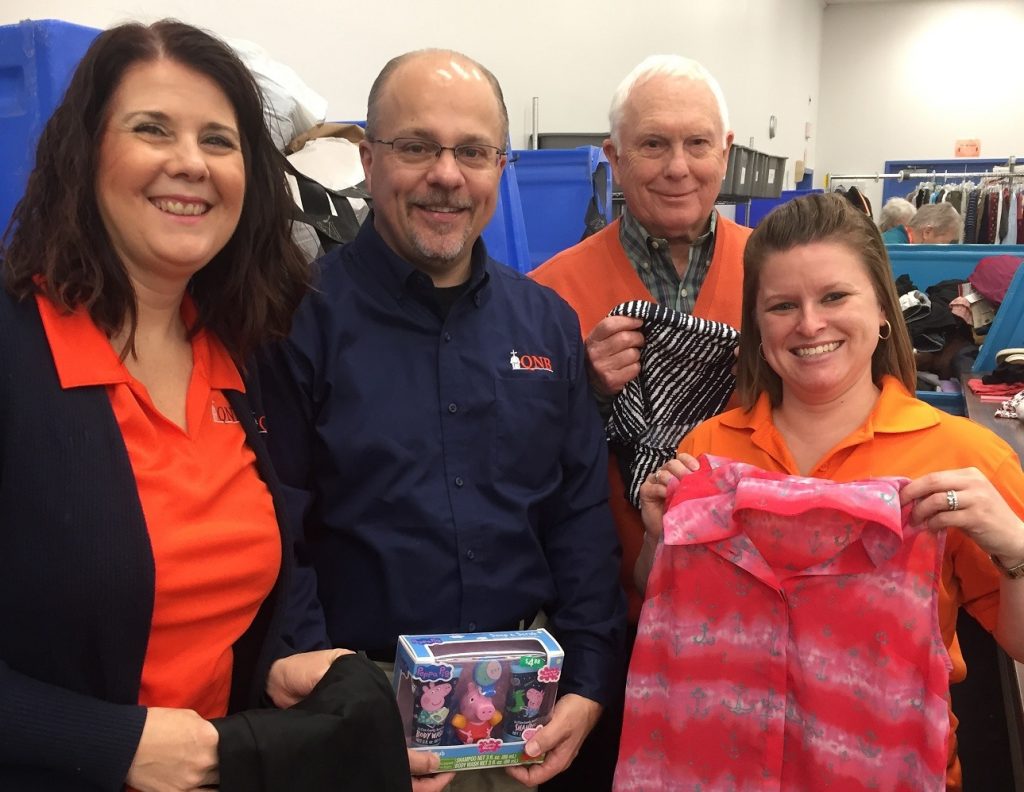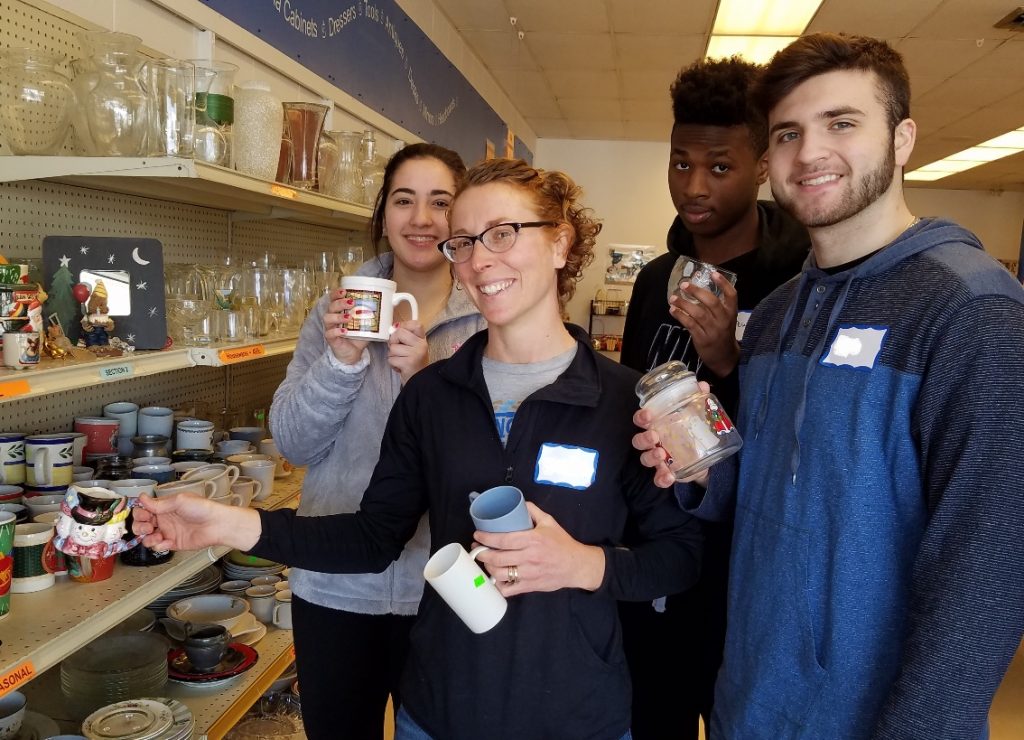by Hendy Matahelemual, Indonesian Light congregation (Philadelphia, PA)
(Editor’s note: August 17 is Independence Day in Indonesia. This past Monday was the 75th anniversary of the Declaration of Independence.)
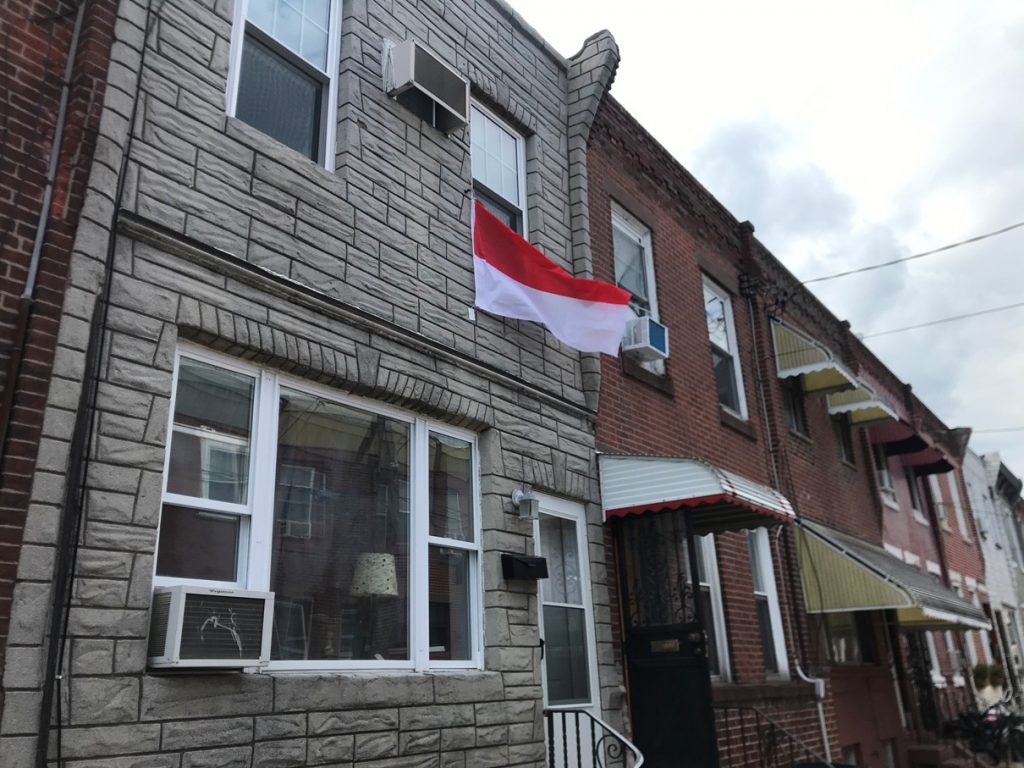
My nationality is Indonesian, so the flag of my country is “Bendera Merah Putih.” It is a simple red and white flag with two equal horizontal bands. It was introduced and hoisted publicly, 75 years ago during the proclamation of Indonesian independence on August 17, 1945, in Jakarta, Indonesia.
When I was in high school, I was a member of the flag-raising squad. August 17 was the most important day for us. On that day, the squad had one job to do: raise the flag as a part of the ceremony to celebrate Indonesian Independence Day.
At that time, I was not Mennonite. My parents didn’t teach me Anabaptism values, such as separation of church and state and non-violence. After my introduction to Anabaptism, everything related to Independence Day found new meaning. The way I view the flag also found new meaning.
National flags are patriotic symbols, often associated with the military because of their original use. But as a follower of Christ, our identity as a Child of God is beyond any flag or governmental institution.
We don’t need to take pride in our own national identity. We don’t need to make our country great (again). We don’t need to pledge our allegiance to the flag. We are God’s people, a holy nation.
We do need to work together, instead of competing, by working across state and political boundaries.

Perhaps the only competition that I enjoy between nationalities is the FIFA (soccer) World Cup. I remember watching the World Cup with my dad and uncles when I was a little boy. Our family never missed it. The first thing that I noticed as a boy when watching the World Cup was all the colorful flags of the teams. My favorite teams will always be the Netherlands and Argentina. I remember their flags very well.
In the book of Exodus, we find that flags are mentioned. At that time, Moses built an altar to God. He named the altar, “The Lord is my banner” (Exodus 17:15, NIV). I keep wondering what God’s banner looks like. I don’t know, but I will argue that it is not “Bendera merah putih,” nor the Stars and Stripes, Union Jack, or even the flag of Zion.
I believe God’s flag should unite us as followers of Christ and not divide us. God’s flag needs to represent our victory against principalities and rulers of this dark world and spiritual forces of evil.
I believe the blood of Jesus is one “spiritual” flag that can unite us. It is not made from a piece of fabric, but it will give us victory from sin and death. It can reach people from a liberal, capitalist, and communist country, crossing continents and geographical boundaries, regardless of nationalities. If we carry this flag as part of our faith, as followers of Christ, we will be effective witnesses who transform life while also being transformed by God.

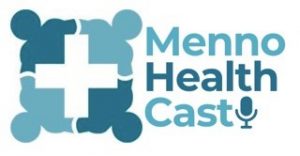 MennoHealth Cast seeks to highlight the personal stories of nurses, doctors, health researchers, dentists, chaplains, social workers, advanced practitioners and others involved in various fields related to the care of human beings. MennoHealth Cast is hosted by Joann Hunsberger, a pediatric anesthesiologist specializing in intraoperative anesthesia and post-operative pain management in children. The first series, “Mennos in Medicine,” consists of conversational interviews with Anabaptist folks working in various health fields.
MennoHealth Cast seeks to highlight the personal stories of nurses, doctors, health researchers, dentists, chaplains, social workers, advanced practitioners and others involved in various fields related to the care of human beings. MennoHealth Cast is hosted by Joann Hunsberger, a pediatric anesthesiologist specializing in intraoperative anesthesia and post-operative pain management in children. The first series, “Mennos in Medicine,” consists of conversational interviews with Anabaptist folks working in various health fields. 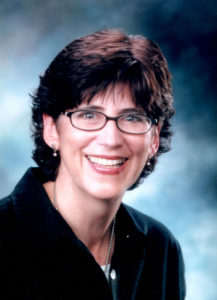 In this episode, pastor Joy Sawatzky describes her passion for exploring the stories of her congregants at the senior living community of Souderton Mennonite Homes, which is part of Living Branches. Joy describes her winding path from being a bedside nurse to finding her passion as a pastor who dwells in the stories of those in her church, helping them to find meaning during the last chapters of their lives. This podcast was recorded prior to the COVID pandemic.
In this episode, pastor Joy Sawatzky describes her passion for exploring the stories of her congregants at the senior living community of Souderton Mennonite Homes, which is part of Living Branches. Joy describes her winding path from being a bedside nurse to finding her passion as a pastor who dwells in the stories of those in her church, helping them to find meaning during the last chapters of their lives. This podcast was recorded prior to the COVID pandemic.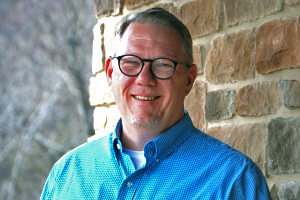 A confession is in order at the beginning of this article. I am irredeemably old school. While I own e-readers (“
A confession is in order at the beginning of this article. I am irredeemably old school. While I own e-readers (“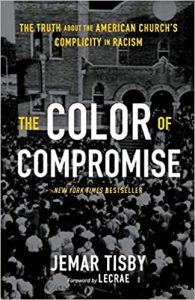 The first of these, “The Color of Compromise,” by Jemar Tisby (2019, Zondervan Reflective), is a steely-eyed critique of the white church in America. The complicity of how the white church in America is fostering and giving life to systemic racism is explained.
The first of these, “The Color of Compromise,” by Jemar Tisby (2019, Zondervan Reflective), is a steely-eyed critique of the white church in America. The complicity of how the white church in America is fostering and giving life to systemic racism is explained.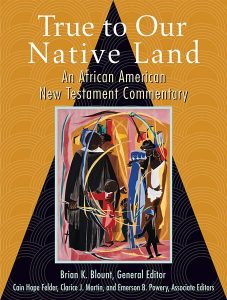 A second book is “
A second book is “
